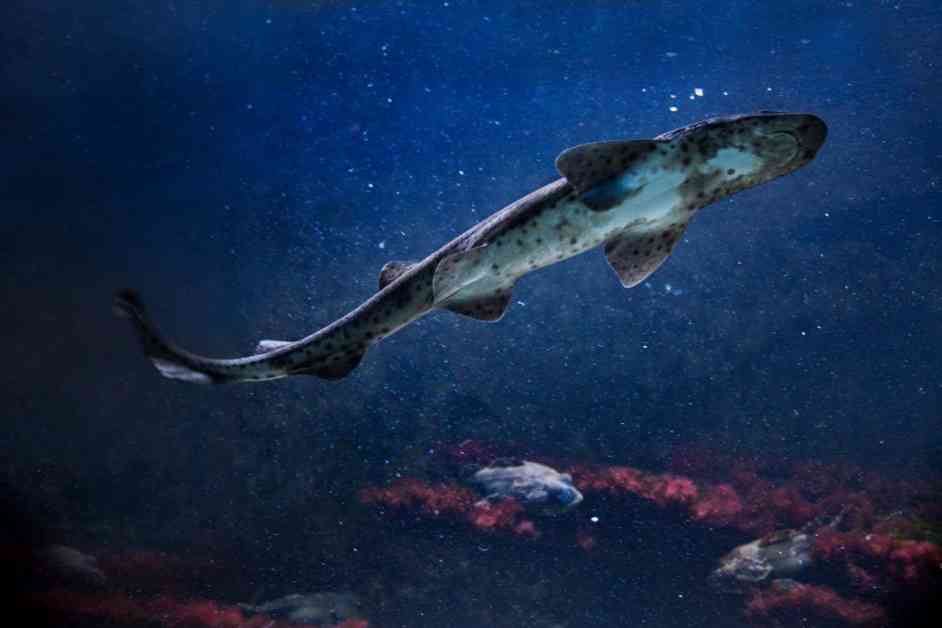The study on the small-spotted catshark has raised concerns about the future of egg-laying sharks as a whole. With over 100 shark species at risk of population declines by 2100, it is crucial to address the impact of ocean warming and acidification on these vulnerable creatures.
Sharks play a vital role in marine ecosystems, and their decline could have far-reaching consequences. By understanding the specific challenges faced by egg-laying sharks, such as the sensitivity of embryos to changing ocean conditions, researchers can develop targeted conservation efforts to protect these species.
In addition to the small-spotted catshark, other endangered and vulnerable shark species, like nursehounds, are also at risk. The findings of this study serve as a wake-up call to the urgent need for global action to mitigate climate change and protect marine biodiversity.
Conservation measures, such as reducing carbon emissions and implementing sustainable fishing practices, are key to ensuring the survival of shark populations. By working together to address the threats facing these magnificent creatures, we can help secure a healthy future for our oceans and the diverse species that call them home.






